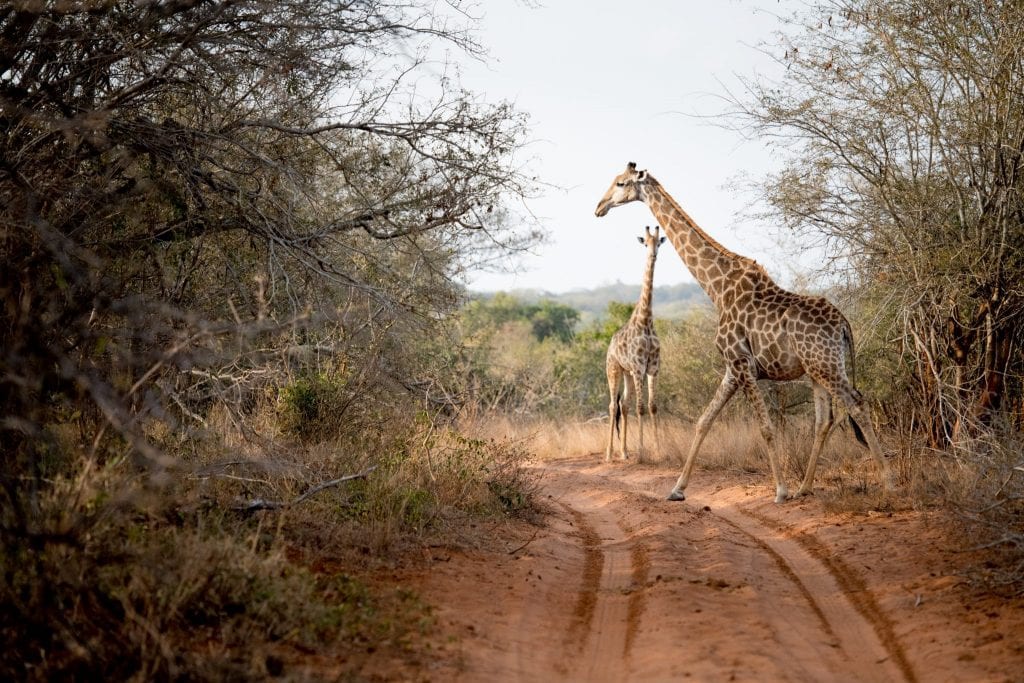Zimbabwe Pushes for Mandatory Tourism Facility Registration
The Zimbabwean government is ramping up efforts to have all tourism facilities in the country formally registered, in a move aimed at boosting tourism statistics and strengthening oversight over the industry.
In an interview during consultations on the new Tourism Bill, Minister of Tourism and Hospitality Industry, Barbra Rwodzi emphasised the critical importance of registration for both the government and tourism operators.
“Number one, it benefits both sides, the government of Zimbabwe as well as the operators in two or three ways,” Rwodzi said.

She added, “Statistics are very important to know how many facilities we have for tourism in the country because ZTA is the promoter of tourism in the country. And when we promote, we should know how many facilities we have in terms of accommodation, how many beds we have in terms of spending nights in any place, as well as how many places of attraction that we have, activities that tourists can have in our country.”
Rwodzi acknowledged that the registration process has historically been a “long and difficult” one for operators, but said the government is working to streamline the system. She encouraged all tourism facility owners to register, noting that provincial ZTA offices have been empowered to accept and swiftly process applications.
“We are encouraging anyone who is running a tourism facility to go and get registered. And we are trying by all means to lessen this burden as it is our responsibility as ZTA to ensure that people who are operating facilities outside Harare, since ZTA is encoded in Harare, they can go to our ministry provincial offices.”
Beyond data collection, Rwodzi emphasised the other benefits of registration for operators, including government support in the event of accidents or emergencies, as well as potential assistance with business expansion and accessing rebates.
She explained, “Accidents happen, we will quickly chip in as the government to help and ensure that any accident that is happening will not happen. That has happened in a tourism facility because naturally things happen where you sleep. Naturally things happen where these activities happen because tourism activities are in their own nature quite dangerous, some of them, and accidents happen.”
“When the government knows we chip in so quickly, it’s important. As well as if they need to expand their businesses, we can gladly chip in. When they need a rebate or any other,” assured Rwodzi.
The Minister also discussed the importance of facility grading in building tourist confidence, revealing plans to establish a specialised business unit within ZTA focused solely on quality and standards management.
She said, “We have a division that is specifically for quality and standards management of every facility. And we take a plan. We have not been doing our job as expected by the operators and even across the nation. Now we are getting back to that. And in this bill, we are asking that we make it a business unit that focuses only on that and nothing else. It’s grading the hotels or the facilities, grading the accommodation facilities, the eating, the restaurants, you know, everything.”
Rwodzi said this dedicated grading unit will help tourists clearly understand the quality of facilities they are choosing, and be better equipped to manage their expectations and understand the risks involved.
“If anyone walks in a hotel and they see a hotel advertising that they are three-star, it speaks to the tourists to tell them what kind of a place they are getting or choosing to be putting up at.”
The minister also discussed plans to promote religious tourism as a new niche market, saying the government has clustered various tourism sectors to streamline its approach.
“We now have religious tourism cluster… we want to promote that are people going to be staying in the appropriate accommodation as expected by the country or by the nation or by the government so that if anything happens to them again we’re shipping as a government because we know that it’s a sector that is bringing in money to us.”
Speaking during the consultation process, Chief Director of Tourism Development and Promotion Tarirai Musonza represented the Secretary for Tourism and Hospitality Industry, Dr. Takaruza Munyanyiwa.
Musonza emphasised the importance of the tourism industry to Zimbabwe’s economy.
“The tourism industry is one of the cornerstones of our economy. It is an industry moving from vibrant cultures, with changing landscapes, and the unparalleled hospitality of our people,” Musonza said.
She added, “It is an industry that injects national and foreign currency into our national offers, creates opportunities for employment across the spectrum, and fosters the connection between Zimbabwe and the world.”
However, Musonza noted that the legal framework governing the tourism industry must evolve to keep pace with the changing times.
“As with any industry, time and circumstances necessitates revisions to ensure its continued vibrancy and relevance. The world around us is constantly evolving, and the laws and regulations of our legal framework must adapt to that,” Musonza said.
The official launch event in Lawai Metropolitan Province brought together a diverse group of stakeholders, including government officials, tourism industry practitioners, representatives of civil society organisations, and members of the academic community.
Musonza emphasised the importance of gathering input from those on the “ground” of the tourism industry.
“You possess a wealth of experience and knowledge that is absolutely essential in shaping this bill. You understand the daily intricacies of operations, the challenges faced and the opportunities waiting to be seized. We value your contributions,” Musonza said, addressing the industry representatives in attendance.
The chief director noted that the Zimbabwean government views the tourism industry as a key driver of social and economic development, citing its ability to generate employment, support small and medium enterprises, attract foreign investment, and contribute to the country’s foreign exchange earnings.
“This background we want is to define tourism as a key group to social economy development, with several positive factors, which includes its ability to generate employment, contribution to the growth of small and medium enterprises, its potential to attract foreign and direct investment, and contribution to the foreign exchange,” Musonza said.
Musonza emphasised the importance of collaboration between the government, private sector, and local communities in shaping the future of Zimbabwe’s tourism industry.
“Our coming together today is a testimony to the importance of training our minds together to draft our legal framework,” Musonza said, quoting the Bible verse, “a cord of three strands is not quickly broken.”
Musonza called on all attendees to provide valuable input during the consultation process.
“I therefore request your much-needed commitment to provide a useful survey on inputs, on areas that require fine tuning for the development of the Zimbabwean tourist environment industry,” Musonza said.
With the new Tourism Bill aiming to overhaul the industry, Rwodzi expressed confidence that these measures will strengthen Zimbabwe’s tourism ecosystem and enhance the experience for both local and international visitors.
#News in Bulawayo #News in Zimbabwe Artist Arts BCC Bulawayo Bulawayo City Council Bulawayo economy Bulawayo industry Bulawayo news Bulawayo Police Bulawayo Water Bulawayo Water Crisis Bulawayo Women entrepreneurship Business Women Cholera Community Culture Currency Drug Abuse Drugs Economy Farmer Farmers Farming Informal Sector Informal Traders Mining MSMEs Music News in Bulawayo News in Zimbabwe Police Police in Bulawayo Vendor Vendors water Water Crisis Water Shortage water supply issue Women entrepreneurship ZESA Zimbabwean economy Zimbabwe news Zimbabwe water crisis ZRP
Join us for all News in Bulawayo and Bulawayo News in Zimbabwe.












